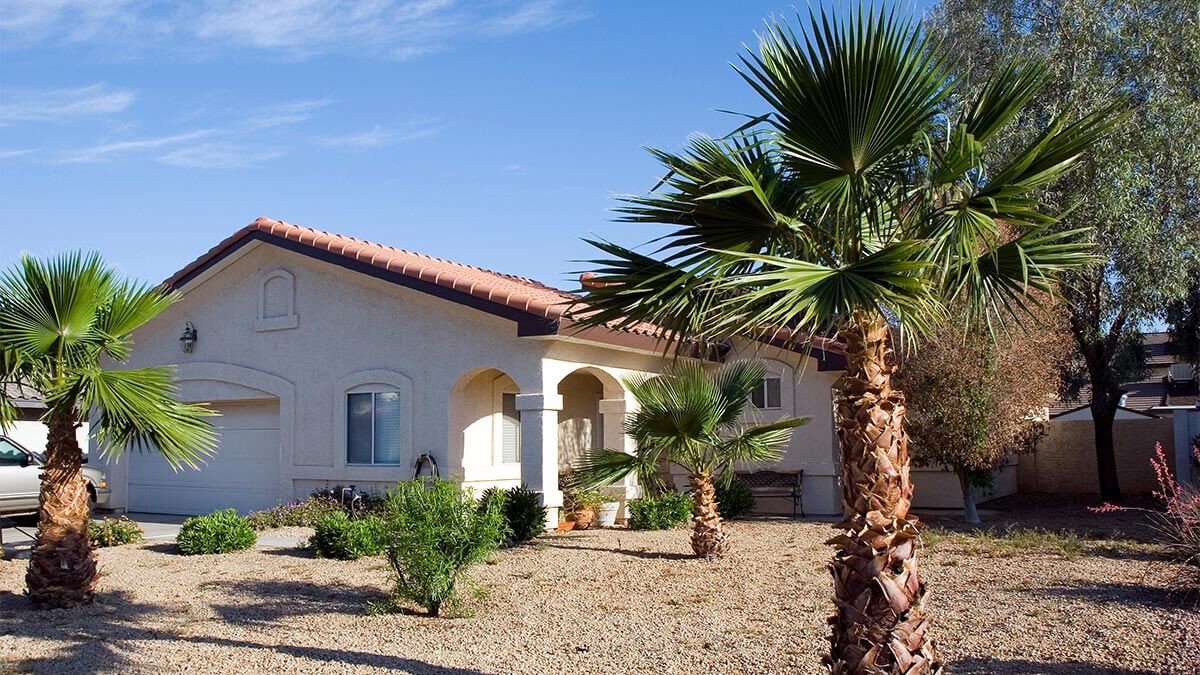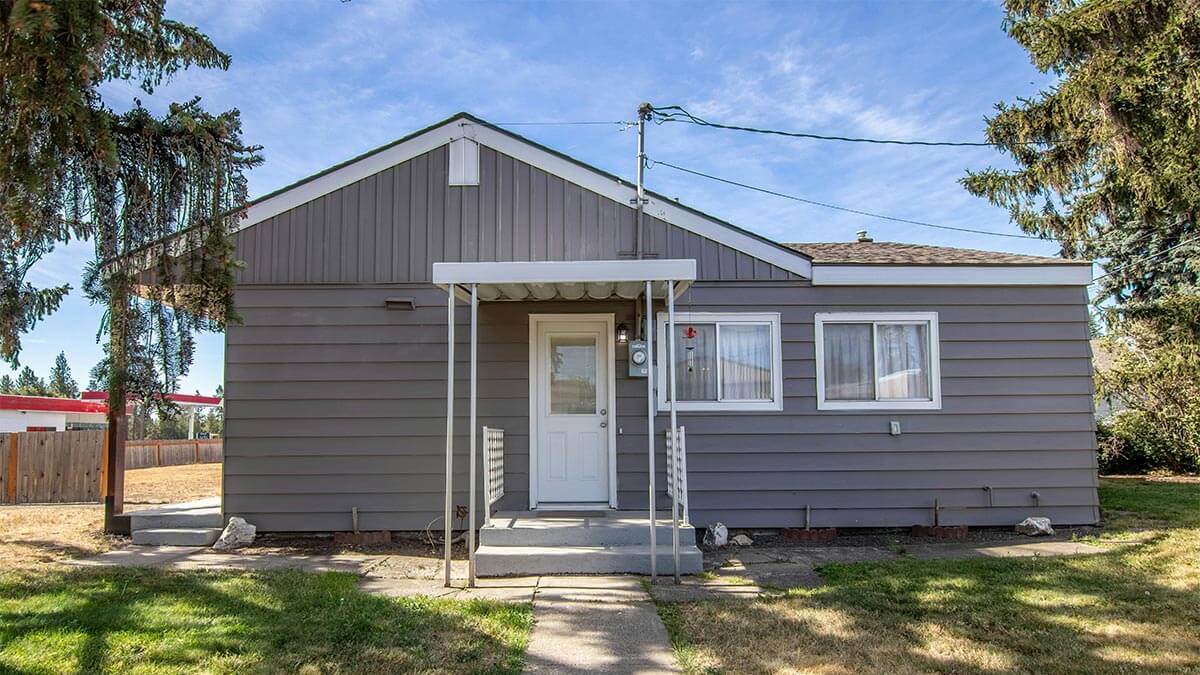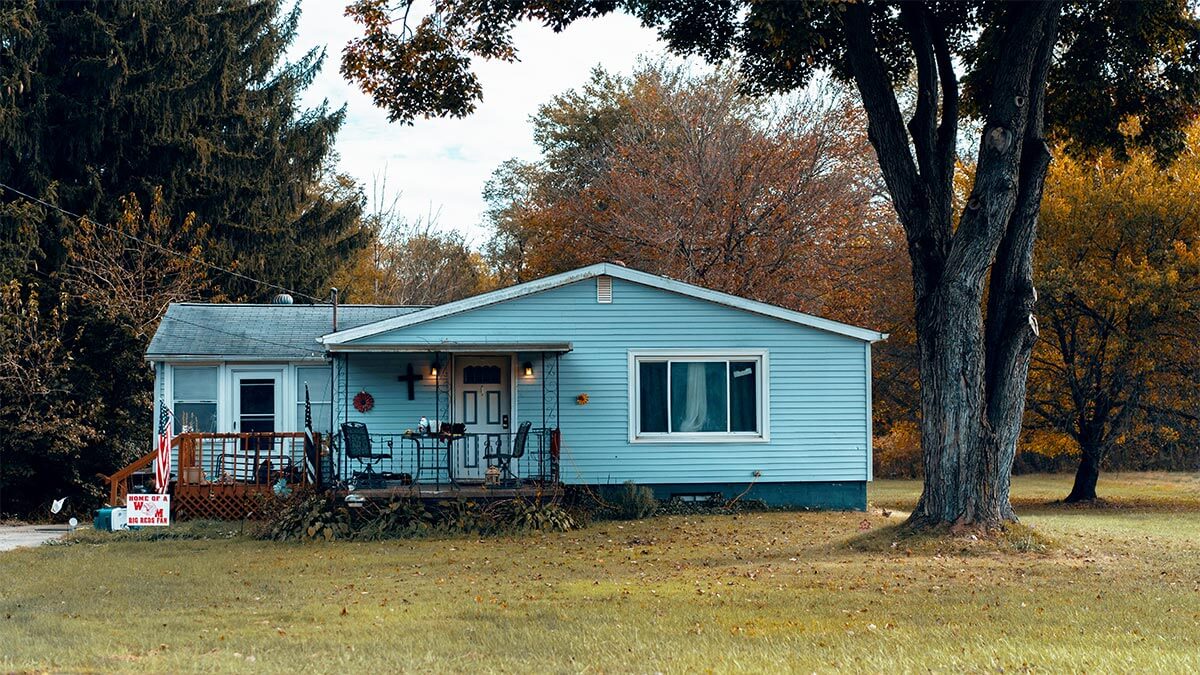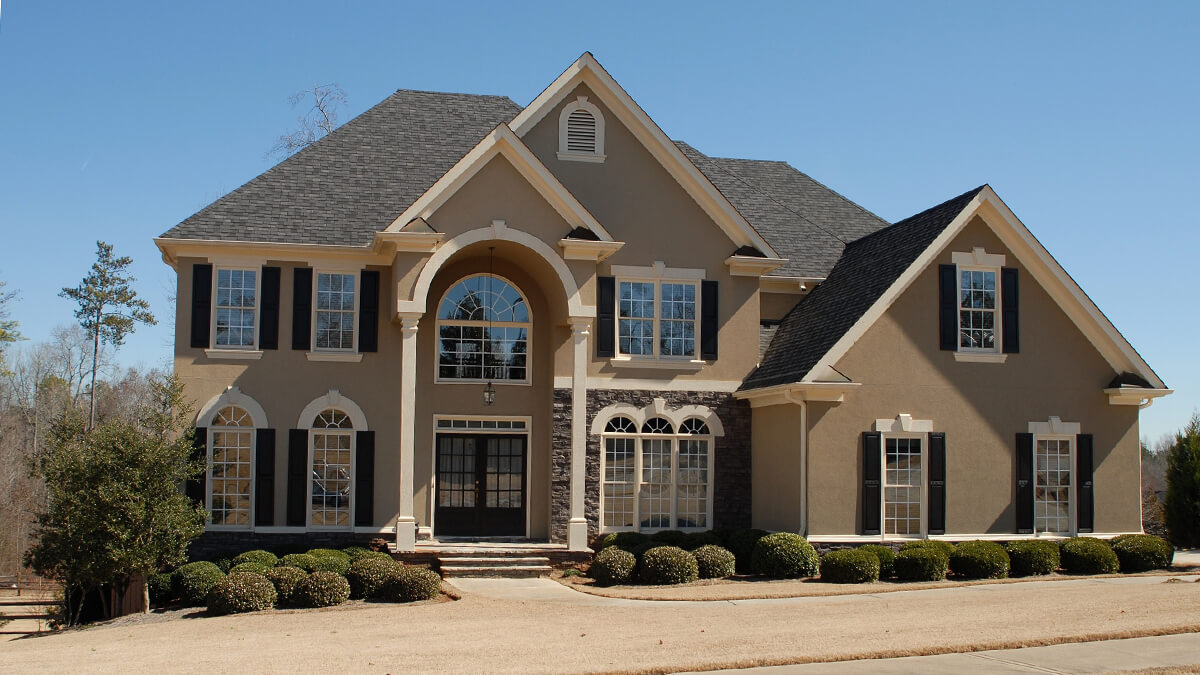Have you seen the recent headlines about the wild housing market? Bidding wars, all-cash offers, homes selling for way over asking price? As a homeowner, it’s an exciting time if you’re looking to sell. But it can also be a stressful and confusing process to figure out how much your house is worth in this market.
That’s where home appraisals come in. Getting an accurate assessment is crucial for real estate transactions, especially securing financing. So, when considering the costs, it’s essential to understand what goes into an appraisal and why prices can vary.
This guide will explain everything you need to know about home appraisals in Arizona.
Arizona Home Appraisal Costs
Compare Cash Offers from Top Home Buyers. Delivered by Your Local iBuyer Certified Specialist.
One Expert, Multiple Offers, No Obligation.
Understanding Home Appraisals
First things first – what exactly is a home appraisal? An appraisal is an independent, professional evaluation of a property’s market value. Appraisers are licensed professionals who conduct thorough assessments to estimate a home’s fair market value.
For any real estate purchase that involves financing, the mortgage lender requires an appraisal. This ensures they don’t lend more money than the home is worth. A recent survey found that 74% of real estate transactions nationwide faced challenges due to appraised values coming in lower than expected. And another report revealed that 1 in 10 mortgage applications were rejected because of low appraisals.
The good news is that if you’re selling your home in cash with iBuyer, you don’t need to worry about the appraisal process. We make an initial offer based on the available data on your home. Once you accept, we skip straight to closing without any hiccups.
However, for traditional sales, appraisals are mandatory. Here’s an overview of what’s involved:
- The appraiser first does a walkthrough of the home to visually assess its condition. They take measurements and photos to document the property.
- Next, they review recent sales of comparable “comps” in your neighborhood. That shows what similar homes have sold for.
- After analyzing the data, the appraiser then submits a detailed appraisal report with the final estimated value of your home.
If the appraisal value matches or exceeds the sale price—great! But if the appraisal comes in lower, it can derail the whole deal. The buyer may try to renegotiate or even walk away altogether, and the lender may not approve the mortgage. So, appraisals carry a lot of weight in real estate transactions.
Factors Affecting Appraisal Costs
You might be wondering who’s actually doing all this appraising and, more importantly, how much it will cost me. The answer is independent appraisers, with whom you have to compensate for their services.
When budgeting your closing costs, appraisal fees are one expense to account for. Let’s look at what impacts the costs:
Size and Location of the Property
Larger homes naturally take more time, effort, and expertise to appraise. A sprawling five-bedroom in Paradise Valley requires a much more rigorous valuation than a cozy 2-bed condo in Tempe. Location also plays a role, as more desirable areas generally translate to higher appraisal prices.
Condition of the Property
The overall condition, inside and out, affects the complexity of the appraisal. If you’ve kept things in tip-top shape and everything is well-maintained, the appraiser’s job will be much easier. They can breeze through the inspection without spending as much time nitpicking every little flaw.
More work = more time = higher fees. It’s just basic math.
Current Demand
Like most things in life, the cost of appraisals can fluctuate based on good old supply and demand.
When there’s a surge of real estate activity (seller’s market), it can stretch appraisers thin while trying to handle the requests. This shortage drives up the typical fees to secure their services. During slower markets, you may pay less for an appraisal.
Specialties
Unique home features require specialized knowledge. For example, appraising properties with pools, guest houses, acreage, custom finishes, or other luxuries often costs more. Not all appraisers have expertise across all housing types and amenities.
Loan Type
The type of mortgage loan and lender requirements also impact appraisal pricing. FHA loans have more stringent guidelines, so their appraisals tend to be more rigorous and, thus, costlier. The appraiser has to jump through a few extra hoops to ensure the property meets all of the FHA’s standards. Conventional loans offer more flexibility and speed.
Note that loan types will also affect how long the appraisal is valid.
Complexity of the Appraisal
There are a few different types of appraisals, each with varying levels of detail and accuracy. Traditional appraisals provide the most comprehensive valuation. While alternative options like drive-by and desktop appraisals offer cheaper ballpark estimates.
Here’s a breakdown with typical price ranges:
- Traditional Appraisal ($350 to $600): The gold standard – with an in-person inspection and full report.
- Desktop Appraisal ($75 to $200): Only reviews public data records online.
- Drive-By Appraisal ($100 to $150): Visual exterior assessment from the street.
- Hybrid Appraisal ($250 to $375): Mix of online and in-person analysis.
Average Appraisal Costs in Arizona
Let’s cut to the chase—how much does a home appraisal cost in Arizona? For your typical single-family home under 3,000 square feet, the appraisal cost will likely fall on the lower end of the spectrum. Think $450 to $625. Larger luxury homes usually start at around $700 and can exceed $1,500.
Why the fluctuation across the state? It’s because of factors like:
- Regional housing markets. Prices tend to be higher in places like Phoenix, Scottsdale, and Sedona, where home values are sky-high. More rural spots may have lower appraisal costs.
- Supply and demand. When appraisers get overloaded with business, they raise rates to keep up.
Additional Fees and Services
In addition to the base appraisal fee, there may be some additional costs to consider. For example, if you’re in a time crunch and need to expedite the process, rush delivery fees typically range from $100 to $250.
For homes located in remote rural areas, you may encounter mileage charges for the appraiser’s travel. If significant issues are found that require a follow-up visit, re-inspection fees enter the equation, too.
When selecting your appraiser, it’s always wise to clarify any extra fees so surprise charges don’t catch you off guard. Ask candidates to explain precisely what they do and do not include in their quotes. And if you have a unique property or tight deadline, discuss how that could also impact pricing.
Choosing an Appraiser in Arizona
Picking the right appraisal pro is critical for an accurate home valuation. But with so many options, where do you start?
First, hop online and start Googling appraisers in your area. You’ll find a ton of options right off the bat. From there, you can create a shortlist of potential candidates and cut them based on the following factors until you are left with a winner.
Check Reviews
We always advise homeowners to begin their search online because of the wealth of reviews. Pay attention to common themes or red flags that crop up in the reviews. If multiple people mention that the appraiser was late, rushed, or didn’t seem to know what they were talking about, that’s a red flag.
An appraiser with rave 4-5 star ratings is almost always a safer bet than someone with no testimonials or reviews. Customers don’t lie!
Verify Certifications
Once you have a few potential candidates, verify their credentials. At a minimum, you want them to have an active license. Arizona has two main types of appraisal licenses: Licensed Residential Appraiser and Certified Residential Appraiser. This involves rigorous training, testing, and oversight according to national standards. Don’t hesitate to ask about their education upfront.
Look at Experience
Ideally, you want to work with an appraiser who has been in the business for at least a few years and has a proven track record of success.
Also, consider their specific experience appraising homes similar to your own. For example, if you have 10 wooded acres, a guest cottage, and stables, then you’ll want someone who routinely handles unique rural properties rather than strictly appraising urban condos. Or, if your home features solar panels or greywater systems, look for a “green” certified appraiser.
Compare Prices
Of course, compare overall pricing and service offerings amongst your top 3-4 picks. Costs vary widely depending on the appraiser’s experience level, demand, specialties, etc. So, get multiple quotes before deciding. And clarify precisely what’s included – physical inspection, measurement, photography, full written report, expected completion date, etc.
Preparing for Your Home Appraisal
It’s only natural to want your home to appraise for maximum value. But should you remodel when selling? Before sinking money into major renovations, understand there are simpler and more affordable ways to make a stellar impression on the appraiser.
Gather Documentation
For starters, thoroughly document your home’s features and recent upgrades. Gather floor plans, inspection reports, remodeling receipts, warranty paperwork, and anything showing improvements. Showing investments that may not be visually obvious, like updated plumbing or electrical work, makes getting top dollar easier.
Follow the $500 Rule
Here is the golden rule of home appraisal. If a repair or improvement would cost less than $500, go ahead and do it before the assessment. Minor fixes can make a big difference. Anything worth more than that won’t necessarily have a justifiable impact.
You can use this money to make small cosmetic improvements, such as fresh wall paint, new fixture hardware, or replaced outlet covers. Also, be familiar with what not to fix when selling a home.
Declutter and Clean
Next is decluttering. You’d be amazed what a little elbow grease can do, too! Scrub every inch until your home sparkles. Clean windows let sunlight shine in. Freshly painted rooms appear brighter and more spacious. Well-manicured landscaping looks lush and vibrant. Even minor touch-ups can dramatically impact appeal.
Highlight Positive Attributes
When the appraiser arrives, make everything look good. Add a pop of color. Point out unique attributes they may overlook or undervalue. Local stone fireplace? Custom built-in cabinetry? Designer tile work in the bathrooms? Bring unique details front and center. This shows the quality craftsmanship and top-notch finishes home buyers crave.
Conclusion
Getting an accurate home appraisal protects both buyers and sellers. It’s a necessary evil in the game of real estate and a cost you cannot escape if buying or selling traditionally.
While appraisal fees can vary, a Licensed Residential Appraiser typically charges around $450-$625 for single-family homes under 3,000 square feet in Arizona. But unique properties may require specialty expertise that comes at a higher price. That’s why doing research to pick the right pro for your specific home is so important.
We hope this guide gave you insight into the appraisal process, costs, and tips for selecting an appraiser. If you’d like to skip this process altogether, consider selling for cash with iBuyer!
Instant Valuation, Confidential Deals with a Certified iBuyer.com Specialist.
Sell Smart, Sell Fast, Get Sold. No Obligations.
Reilly Dzurick is a seasoned real estate agent at Get Land Florida, bringing over six years of industry experience to the vibrant Vero Beach market. She is known for her deep understanding of local real estate trends and her dedication to helping clients find their dream properties. Reilly’s journey in real estate is complemented by her academic background in Public Relations, Advertising, and Applied Communication from the University of North Florida.




